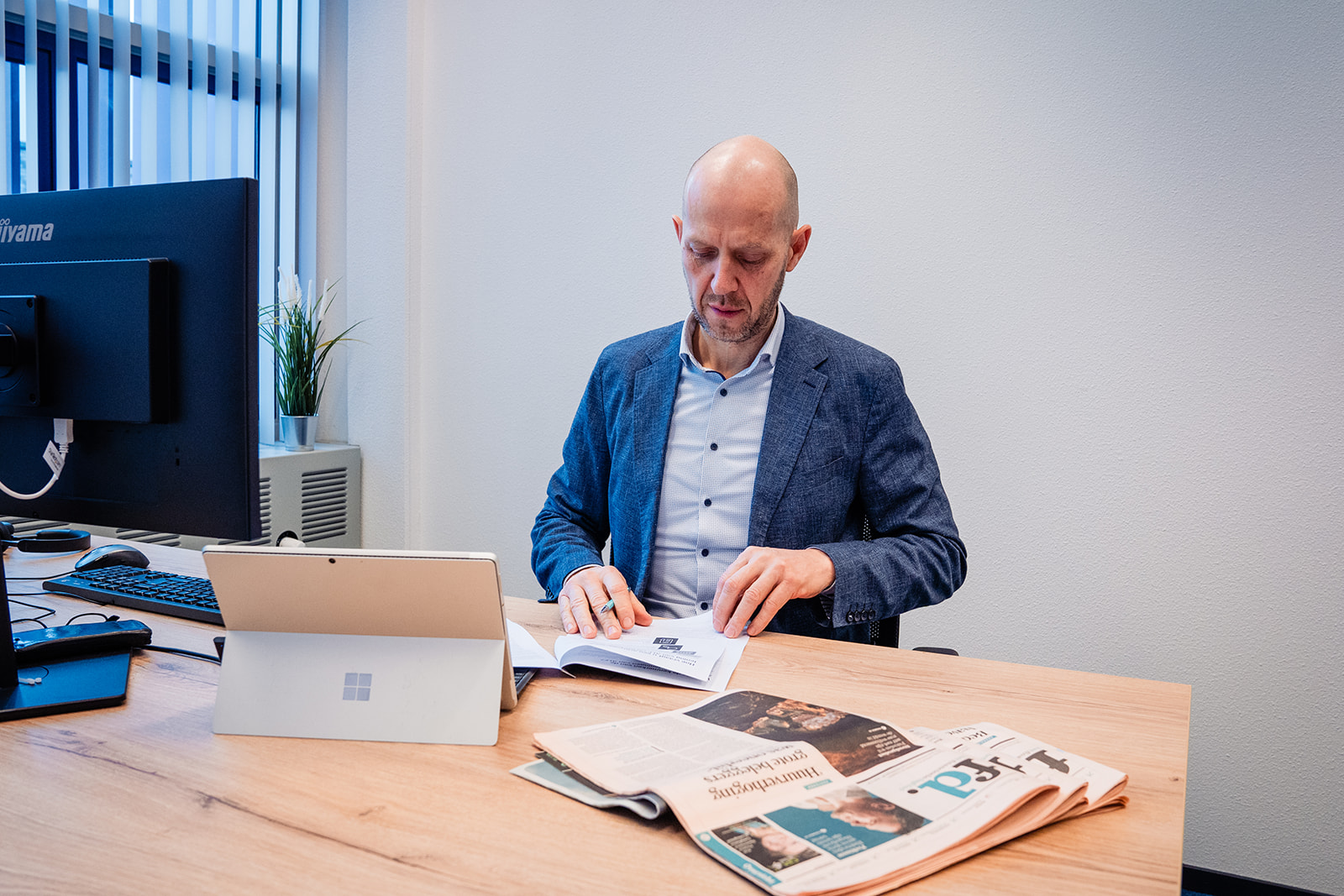Monday
August 2021
Direct contact? Call 073 - 44 00 300 or mail to info@wdl.nl.

Monday
August 2021
Free money! At the UWV and Tax Office....too good to be true?
Fair is fair: business loans at 0% interest; logical that many businesses take advantage of them! By the way, that was exactly the intention. This flattens the tidal wave of negative consequences of the pandemic, after which the government can take stock of the damage in calmer waters. And now what? Our prediction is that “free money” is too good to be true and that many SMEs will still not survive due to cash flow problems.
we have seen as of March 2020 that companies have the following motives for attracting this “free money.”
Now what? How will the debts incurred with the various government agencies be repaid? For the last three lending targets, there are few issues. Liquidity is ample. And the cash flow can be used for regular business (investments, working capital when growing, repaying other financiers, dividends, etc.). You can find all sorts of things about it. But this will resolve itself. A problem arises at the first 3 points. But why?
First, a quick calculation:
That’s really spot on, of course. But in total, you still have to (re)pay an average of €210,000 per year. The interest component is only a small part of the cash flow to be released. The big pain point is the principal to be repaid. Strong positive profitability is then the source of much-needed cash flow. And we expect that only some of the companies in grades 1 to 3 will achieve this. In the coming years, therefore, there is no doubt that the number of bankruptcies will catch up. Is that bad? Again, no. A market needs competition and therefore “dropouts.” It is certain that each individual company will fight for its survival. For that, you need finance specialists who know the market. Your accountant? No; unfortunately, accountants with a specialty in finance are thin on the ground. Proper analysis of the situation and customized structuring of financing can make the difference between surviving or dropping out. WDL Credit Funds provides companies with this customization through a combination of professionalism, personal contact with borrowers, as well as an extensive network among investors. We gladly accept the challenge and look forward to a few interesting years in the finance market. As fund manager, WDL Credit Funds is part of WDL Group. Among them are financefactory.co.uk and wdl.co.uk. This SME and real estate finance broker knows the money lending market, current lenders and investor opportunities. In addition, WDL provides financing training to bankers, accountants and real estate investors. *This piece was also posted in the FD supplement (on Aug. 30, 2021) and at https://analysenederland.nl/